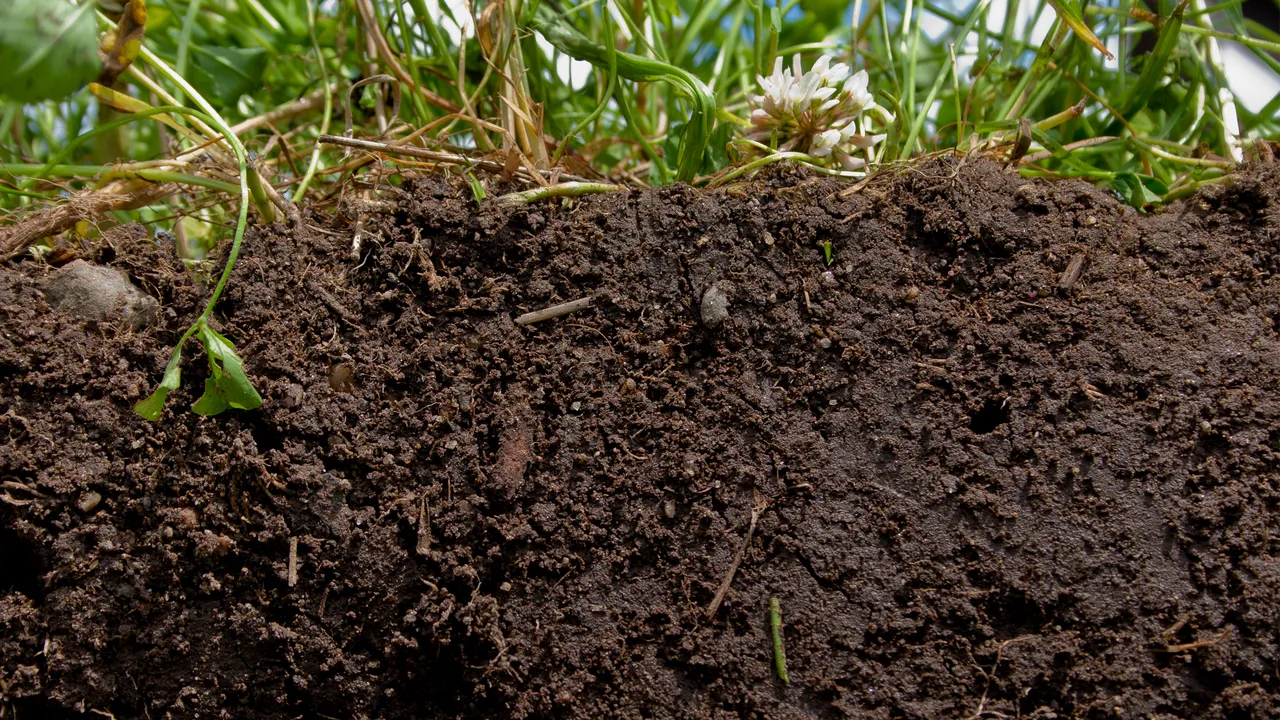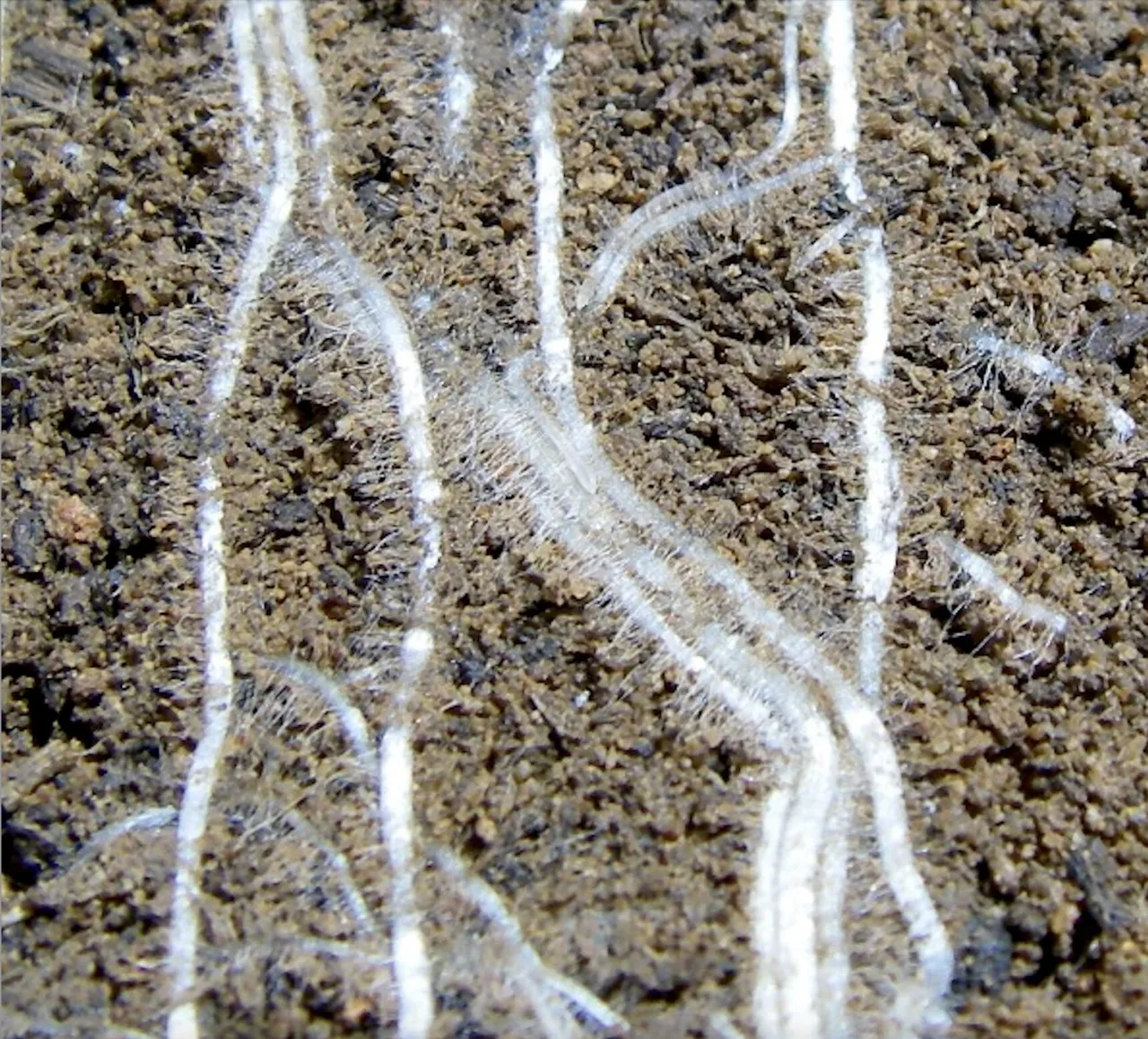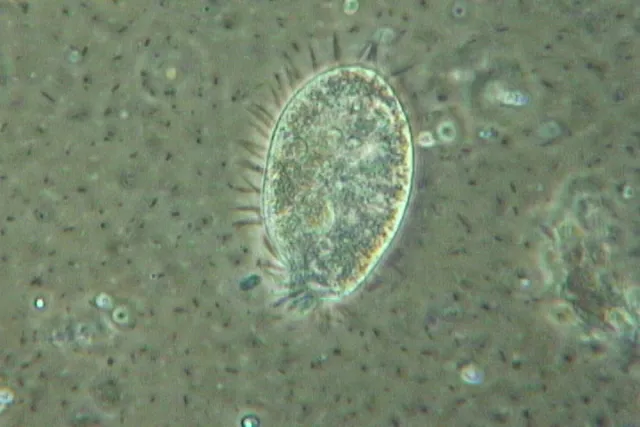In ecology, the ability of microorganisms to degrade is known as bioremediation, which is a technique used for soil remediation.



▶ Obtaining compost is achieved through the decomposition of organic matter from organic waste, decomposing organisms (fungi, bacteria, earthworms, insects) produce their compost in high quality nutrients.

▶ Credits: ohioline. – [Image of Public Domain]
≕ I invite you to stay tuned and read my next contribution ≔
Thus maintaining a high quality index in soils with excellent effects on crops, and in addition to the value contained in organic matter that offers benefits that are difficult to find in inorganic fertilizers.
Biological decomposition is necessary for the stabilization of organic matter under conditions that allow the development of thermophilic temperatures. The compost obtains a dark color, and pleasant odor that has a high enzymatic and bacterial load, and in turn increases the solubilization of nutrients.
The ability of these microorganisms is based on the utilization of natural organisms for the decomposition of organic matter, the degradation improves moisture retention in light soils.

In addition to increasing the porosity of heavy soils and improved by the effect of compost, since they have a relatively stable structure which are more resistant to erosion, thanks to aerobic transformations (with air) that occur there.
NOTE: Reference material.